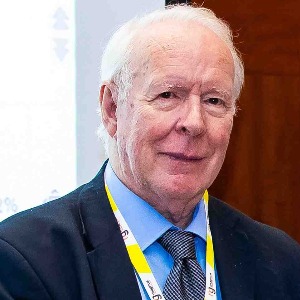Maxillofacial Microbiology
Maxillofacial Microbiology explores the bacterial flora and microbial ecology of the oral and maxillofacial regions. This branch of microbiology studies the microorganisms that reside in the mouth and other oral cavity areas. It has become increasingly important in dentistry and medicine in recent years due to the rise of multispecies biofilms and the emergence of antibiotic-resistant superbugs. Maxillofacial microbiology not only studies the various microbial species and their interactions in the oral cavity, but also examines the host interactions and effects on the microbial communities in the oral cavity. This branch of microbiology is essential in dentistry because it helps determine when a specific type of treatment is required to prevent and treat dental diseases. The human oral cavity is a complicated ecosystem of various bacterial and non-bacterial species. It is important that dentists and other oral healthcare professionals understand the composition and behavior of microorganisms in this environment in order to better diagnose and treat dental diseases. By understanding the microbial ecology of the human oral cavity, dentists can review the type of treatment required for different types of dental diseases. Maxillofacial microbiology is used in numerous ways in dental practice including to identify biofilm-associated infections, diagnose of periodontal diseases, and diagnose and treat dental caries. In addition, this branch of microbiology helps researchers gain a better understanding of how microbial infections can spread and is therefore useful in educating dental students on the importance of maintaining good oral hygiene. Maxillofacial microbiology is an ever-evolving field, and it is important for dentists and other healthcare professionals to keep up with the latest research and developments. Armed with a detailed understanding of the composition and behavior of microbial communities in the mouth, dentists can design a treatment plan that is best suited for the patient’s condition. This field of microbiology is of great value to dentistry and medicine alike, as it can lead to better diagnoses and improved treatment outcomes for patients.

David Geoffrey Gillam
Queen Mary University of London, United Kingdom
Christopher Turner
Spacemark Dental, United Kingdom




Title : Evaluating hygienist follow up for head and neck oncology patients in secondary care: Results from a two cycle audit
Peter Basta, Newcastle Dental Hospital, United Kingdom
Title : Atypical facial pain unravelled
Christopher Turner, Spacemark Dental, United Kingdom
Title : New treatment of temporomandibular disorder through muscle balance and muscle regeneration by activation of quiescent muscle stem cells( satellite cells) with mitochondrial dynamics
Ki Ji Lee, National Reserach Foundation & Busan Medical University, Korea, Republic of
Title : MRONJ and ORN: Referral or management in primary care? Navigating guidelines in the context of long waiting lists
Alisha Sagar, NHS England, United Kingdom
Title : Managing the unexpected: An Insight into supernumerary teeth
Bahar Gharooni Dowrani, Guy's and St Thomas' NHS Foundation Trust, United Kingdom
Title : Laxative prescribing for post operative head and neck cancer patients at Derriford Hospital
Pui Sze Kylie Li, Cardiff and Vale University Health Board, United Kingdom